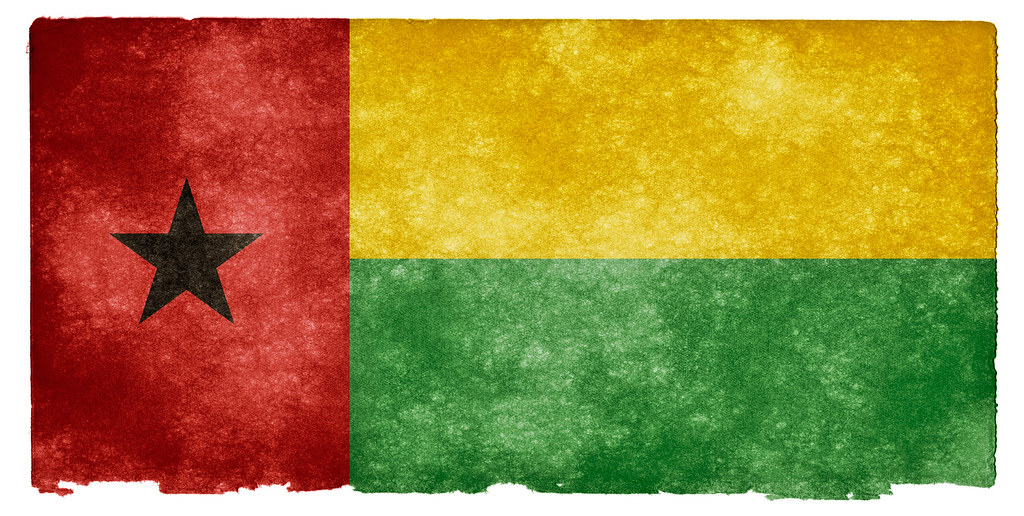Guinea-Bissau must protect rule of law and judicial independence: UN expert
Legal proceedings into the case have reportedly been unduly delayed, including through attempts to transfer the case to military jurisdiction.

Authorities in Guinea-Bissau must protect the rule of law and judicial independence, a UN expert said today, pointing to an ongoing crisis in the country’s Supreme Court, attempts to transfer civilians to military court, and the harassment of lawyers, prosecutors, and judges to demonstrate the gravity of the situation.
The UN Special Rapporteur on the independence of judges and lawyers, Margaret Satterthwaite, expressed serious concern over detainees who have been held in pre-trial detention for over a year and eight months, reportedly under poor conditions and without adequate access to legal counsel. The individuals are being held in connection with the alleged coup attempt that took place in Guinea-Bissau on February 1, 2022. Legal proceedings into the case have reportedly been unduly delayed, including through attempts to transfer the case to military jurisdiction. Lawyers, prosecutors and judges involved have reportedly faced intimidation and harassment.
On 19 September 2023, an armed contingent of the Military Police entered the cells of the Second Station of the Public Order Police where some of the detainees were held and forcibly moved them to detention cells of the Military Air Base, without a court order.
“I am extremely concerned about reports that these detentions are taking place without judicial supervision, and that court orders for release have not been complied with. If these reports are accurate, they amount to violations of the right to due process and fair trial guaranteed by international human rights standards, and those related to the independence of the judiciary,” Satterthwaite said.
The Special Rapporteur recalled that a fundamental principle of judicial independence was that judges and their lawful decisions must be respected by all actors.
“I am very concerned that the proceedings are taking place in a moment of crisis in the judiciary,” she said. On 19 October 2023, the Higher Council of the Judiciary (CSMJ) met in extraordinary session to initiate a disciplinary process against the President of the Supreme Court of Justice, following accusations of interference in a judicial process and obstruction of justice. As a result, the President of the Supreme Court of Justice was reportedly provisionally suspended.
On 31 October the Vice-president of the CSMJ appealed to the Ministry of the Interior to deploy forces to the Supreme Court of Justice premises, to compel the President of the Supreme Court the to comply with the CSMJ's decision, after he had attempted to suspend the magistrates who had participated in the extraordinary session that suspended him. On 6 November, the President of the Supreme Court resigned in an open letter stating security and psychological conditions as the reasons.
“A crisis in the Supreme Court of this magnitude limits everyone’s access to justice,” Satterthwaite said. “It may impact the possibility of appeal in both civil and penal cases, as well as other key functions of the judiciary, and it erodes safeguards in place to ensure due process and human rights protection.”
“I continue to follow the situation, and recent events in the country which include reports of gunfire in Bissau on 1 December only reinforce my urgent message,” the UN expert said.
- READ MORE ON:
- Guinea-Bissau
- Supreme Court
- Margaret Satterthwaite










